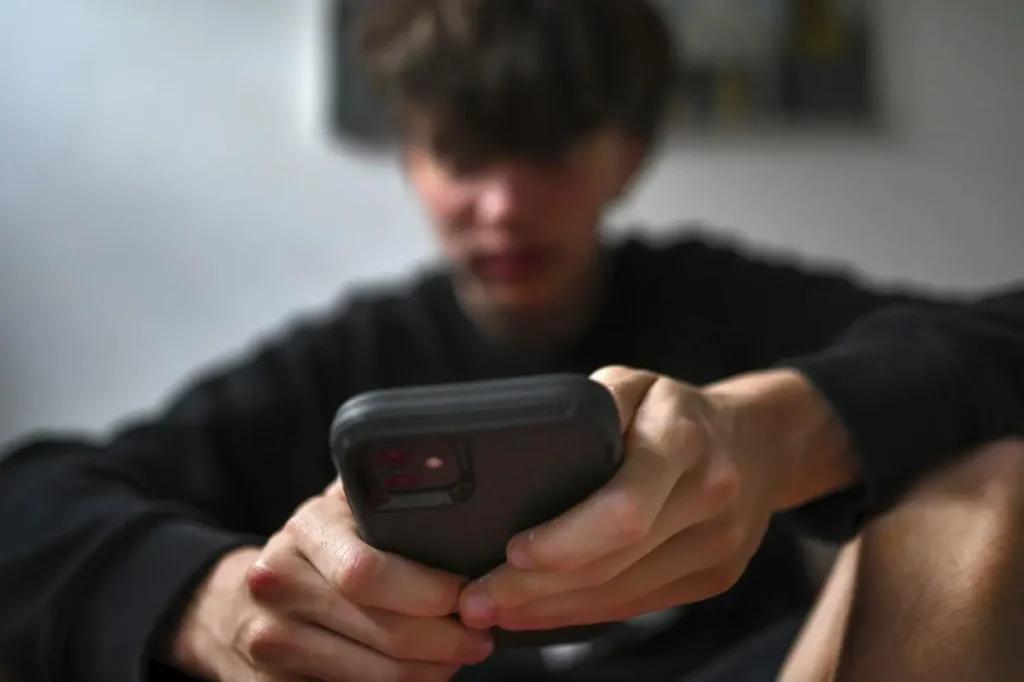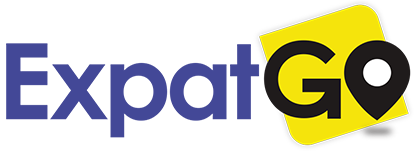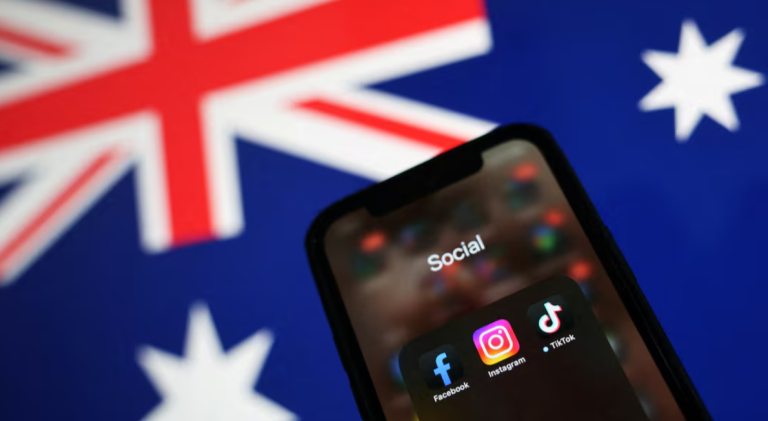Australia’s world-first social media ban for children under 16 has now been expanded to include YouTube, following government concerns about harmful content and mounting political pressure.
Australia’s federal government has announced that YouTube will now be included in the country’s upcoming social media ban for under-16s, marking a significant shift in policy ahead of the December rollout.
The move comes after weeks of public debate and pressure from online safety advocates, including the eSafety Commissioner, who cited YouTube as the most commonly reported platform on which children aged 10 to 15 encountered harmful content. The inclusion of the platform, owned by Google, reverses a previous decision to exempt it from the legislation.
Children will still be allowed to view videos without an account, but they will be barred from creating profiles or interacting with the platform, which includes commenting, uploading videos, subscribing to channels, and receiving algorithm-driven recommendations. YouTube Kids remains excluded from the ban.
The law, set to take effect on December 10, 2025, will also apply to TikTok, Instagram, Facebook, Snapchat, and X, formerly known as Twitter. Messaging, gaming, health, and educational apps are not included in the restrictions, which are aimed specifically at curbing the social and psychological harms associated with mainstream social media platforms.
Prime Minister Anthony Albanese framed the measure as part of a broader push to support families and protect children from the increasing dangers of unregulated online spaces. “Social media is doing social harm to our children, and I want Australian parents to know that we have their backs,” he told reporters. He acknowledged that the new law is not a silver bullet but said it would make a meaningful difference.
Communications Minister Anika Wells drew a stark analogy, comparing the current internet environment to trying to teach a child to swim in open waters with riptides and sharks. She said the government cannot calm the seas, but it can police the sharks. “That is why we will not be intimidated by legal threats when this is a genuine fight for the wellbeing of Australian kids,” she said.
Reports last week indicated that Google, YouTube’s parent company, had threatened legal action if the exemption was removed. The company has argued that YouTube is not a social media platform and pointed to its educational value for younger users. In a statement following the announcement, a spokesperson said YouTube would consider its next steps and continue engaging with the government.
Under the new rules, tech companies could face fines of up to A$50 million (approximately RM137.8 million) for failing to enforce the restrictions. They will be required to deactivate underage accounts, prevent new sign-ups, address technical workarounds, and correct any breaches that occur.
Details on how the age verification process will work are expected to be tabled in Parliament this week, with early trials focused on facial recognition, ID checks, and other technology-driven solutions.
Internationally, Australia’s legislation is being watched closely. Norway has already announced a similar ban, and the United Kingdom is reportedly considering following suit. Albanese has stated he will raise the issue on the global stage, including at the upcoming United Nations General Assembly in September.

Australia’s social media restrictions for under-16s have found strong public support. A YouGov survey conducted in mid-November 2024 found that 77% of Australians favour the ban, a sharp rise from the 61% approval in a survey conducted earlier in the year. Support extends to tougher enforcement measures, too, with 87% backing increased penalties for non‑compliant platforms. Additionally, 75% also support a digital duty of care that would hold tech companies directly responsible for protecting young users online.
Teenagers in Australia, however, are split. Though they largely acknowledge the downsides with social media, they question any “one size fits all” solution, and argue that, in some circles, an outright ban may push some teens into darker corners of the Internet.
As the country moves closer to implementation, the scope and enforceability of the law remain under scrutiny. Nonetheless, the inclusion of YouTube has sent a strong message that the Australian government is willing to take on major tech platforms in the name of child safety.


